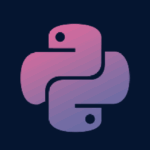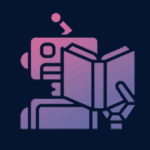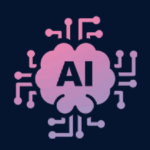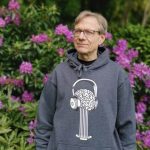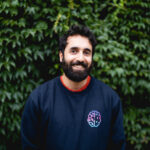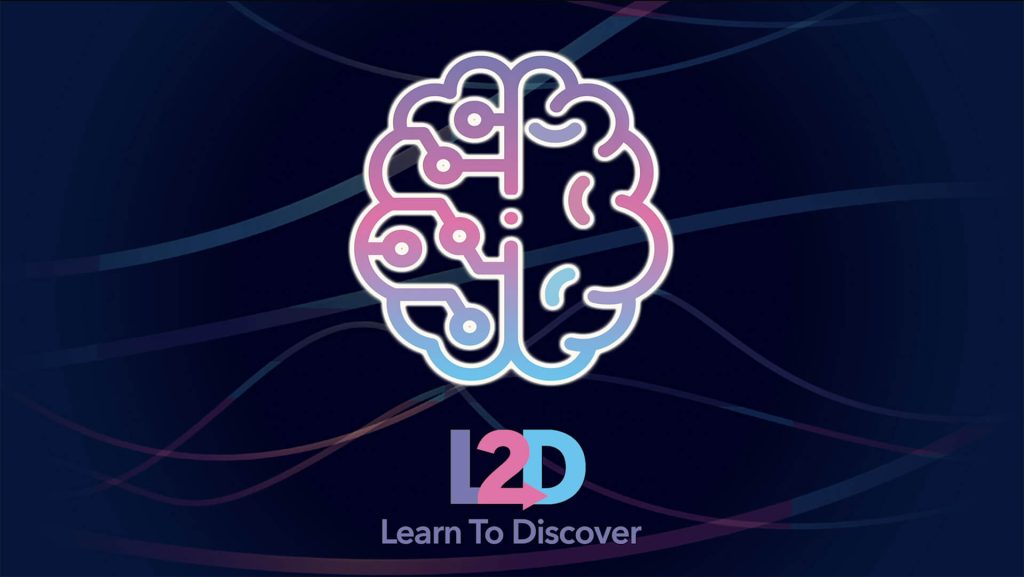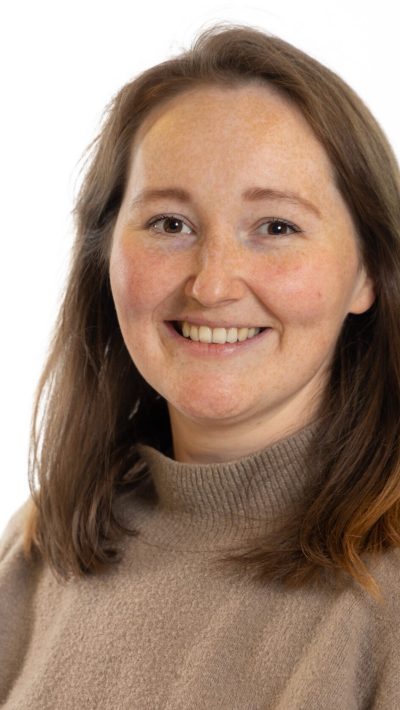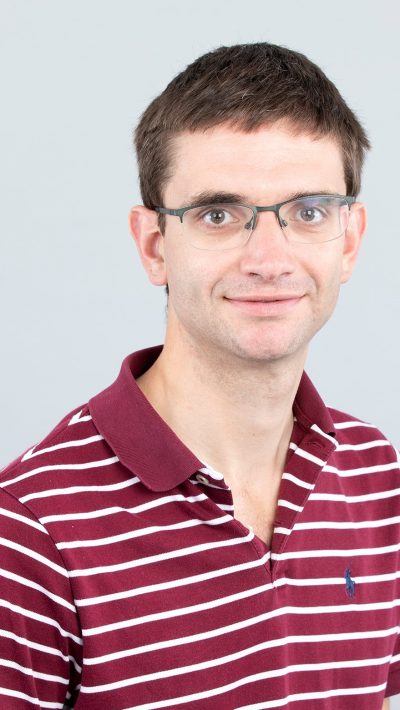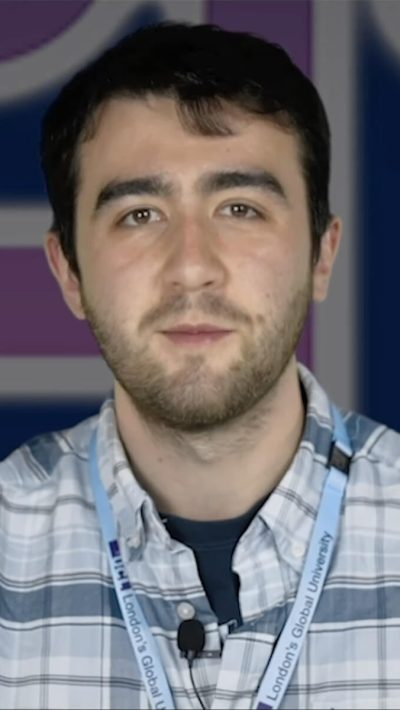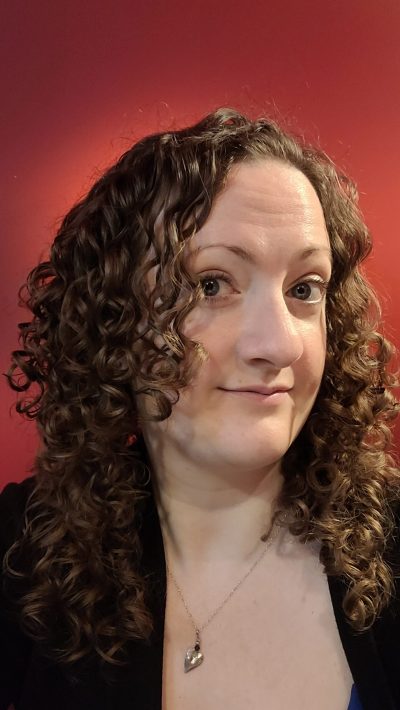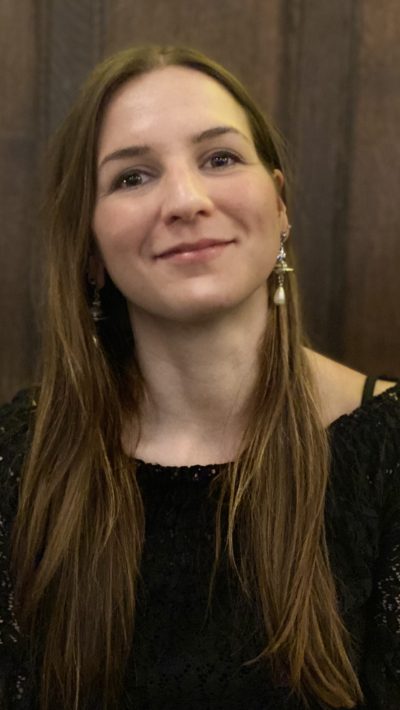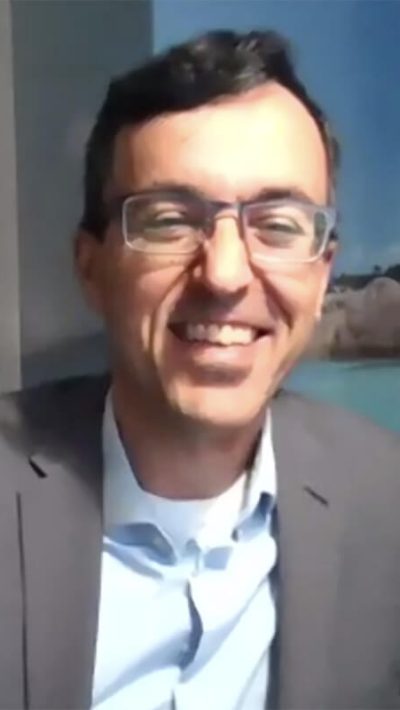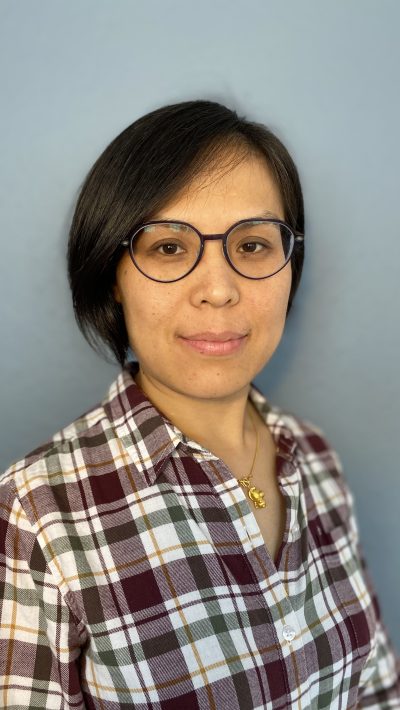Introduction to Python:
The Basic Python component of the L2D course offers learners a comprehensive introduction to programming in Python. Some of the key study areas covered in this module are:- Algorithmic thinking
- Variables, types and operations
- Conditional statements
- Arrays, tuples, lists and indexing
- Iterations: for and while loops
- Dictionaries: associative arrays
- Functions: defining functions, uses and applications
Data Handling:
- Import and characterisation of data as Pandas DataFrames
- Basic statistics
- Data visualisation with Matplotlib
- Univariate and multivariate analyses
- The Pearson correlation coefficient and correlation matrix
- Image handling: import and characterisation of image data (greyscale and colour)
- Image masking and segmentation
- Time series: visualisation, filtering and Fourier transform
- Relationships in time series data
Network Science:
- A comprehensive introduction to Network graph theory, and the NetworkX packages in Python
- Directed, undirected and bipartite network graphs
- Personalised PageRank
- Degree and closeness centrality
- Using biological datasets: protein-protein interactions in the Breast Cancer Network (BCN) and neural signal propagation in the C. elegans connectome
Supervised Machine Learning:
Key areas taught in L2D's exploration of Supervised Machine Learning include:- Classification: preparing data for classification, training classifier models.
- State space plot of model predictions
- Prediction probabilities and feature importance
- Complex training and testing of data
- Comparison of different model classes
- Stratified shuffle split
- Evaluation of classification using AUC and ROC curves
- Metrics for model evaluation
- Permutation scoring and confusion matrices
- Normalisation and hyperparameter tuning
- Refinement and progressive adjustment
Unsupervised Machine Learning:
Key areas taught in L2D's exploration of Unsupervised Machine Learning include:- Gaussian Mixture Models (GMMs) and sci-kit learn
- Clustering and automated data labelling
- Quantitative scoring using ground truth
- Introductions to the concept and pitfalls of clustering techniques
- GMMs in medical image segmentation and object detection
- Dimensionality reduction (reducing computational workloads of large high-dimensionality datasets)
- PCA (Principal Component Analysis)
Artificial Intelligence:
The Artificial Intelligence module builds upon the concepts and techniques taught in the machine learning module. This broad topic covers three primary AI approaches:
- Multi-Layer Perceptrons (MLPs)
- Convolutional Neural Networks (CNNs)
- Generative AI (Large Language Models).
The course examines the concepts underpinning these tools, teaching students how to implement them using PyTorch – an industry-standard Python framework for building deep learning models. Additionally, we explore how to better interpret the output of deep learning models, despite their “black box” nature, with the goal of gaining insight into the patterns these models identify in data.

